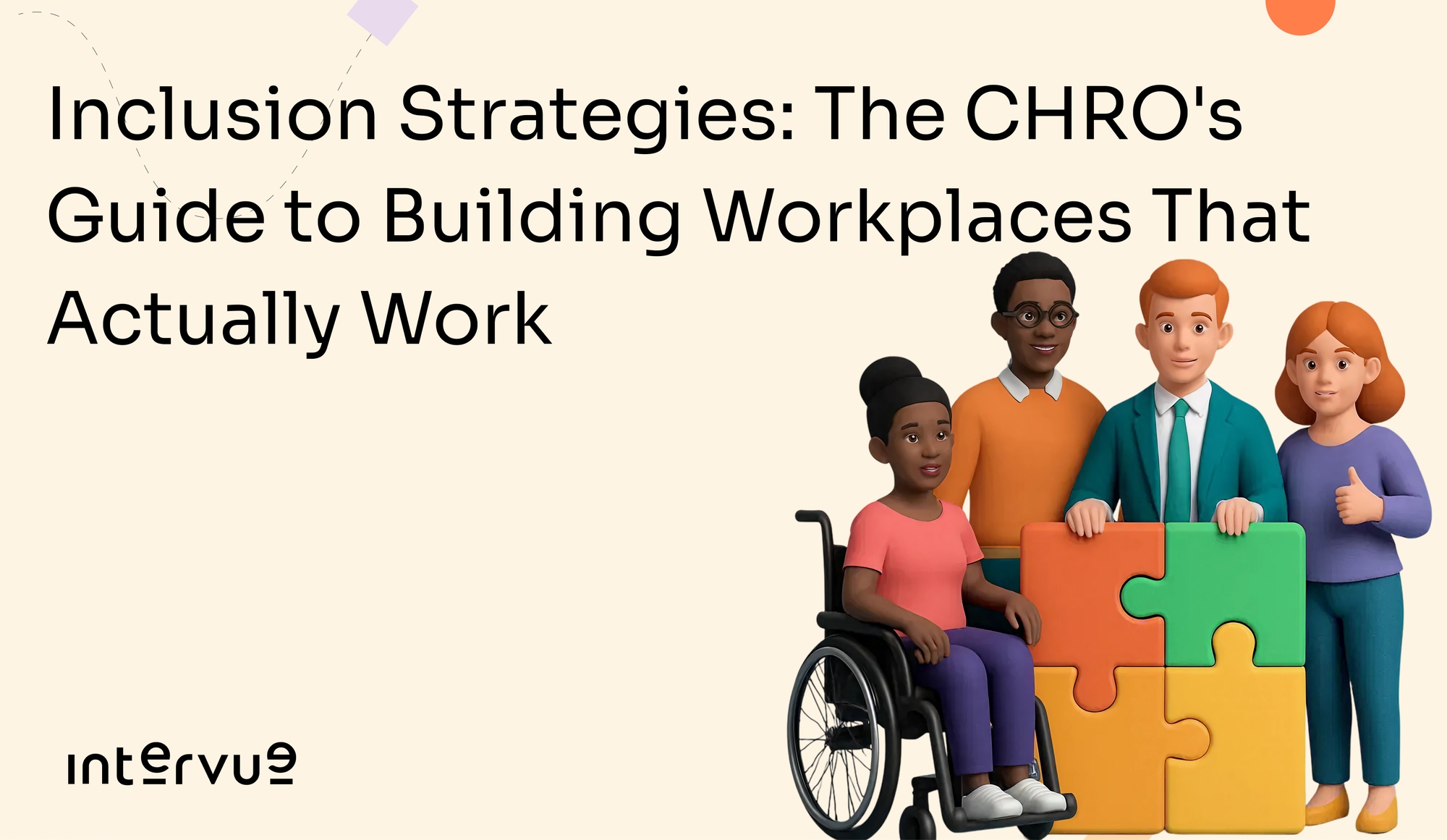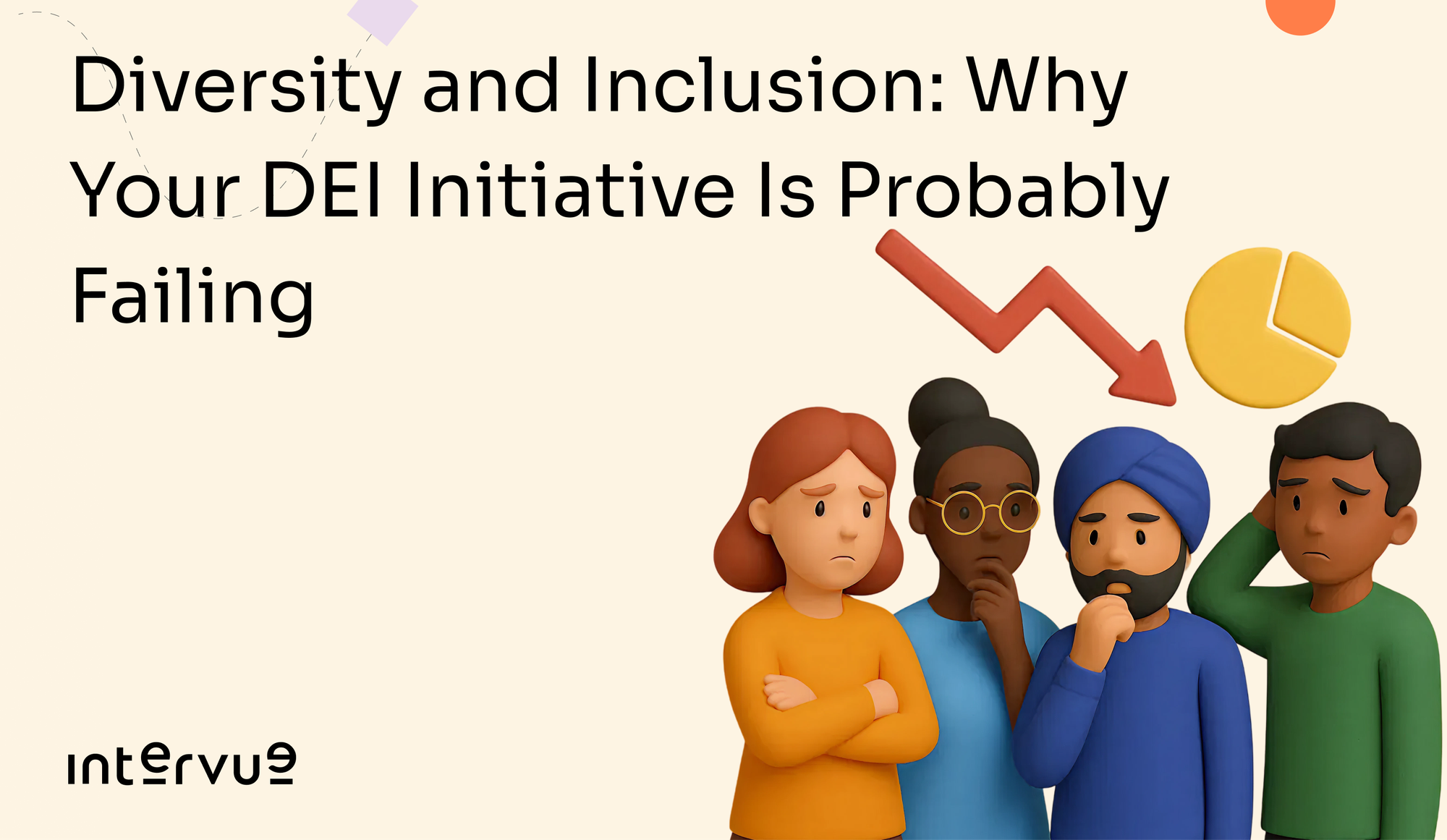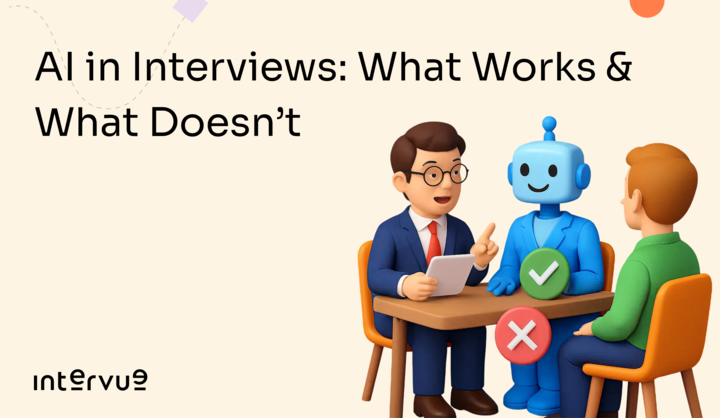Spot The Trouble: 10+ Bad Interview Signs and Their Meanings
Interviews are a critical part of the hiring process. They are the gateway to securing a job and a chance for both employers and candidates to gauge each other’s suitability.

Interviews are a critical part of the hiring process. They are the gateway to securing a job and a chance for both employers and candidates to gauge each other’s suitability.
However, not all interviews go smoothly, and there are several signs that indicate the interview might not be going well. Recognizing these signs early can save time and help in making better career decisions.
Interviews can be nerve-wracking, but they are also an opportunity to shine!
Unfortunately, not all interviews end on a high note. Sometimes, there are clear indicators that things are not going as planned. Identifying these bad interview signs can help candidates adjust their strategies, and employers refine their hiring processes. This blog will explore common red flags during interviews, backed by relevant statistics and insights.
Lack of Preparation from the Interviewer
One of the most discouraging signs during an interview is when the interviewer appears unprepared. This can manifest in several ways:
- Generic Questions: If the interviewer asks very basic questions that do not pertain to the specific role, it might indicate they haven't reviewed your resume or the job description properly.
- Disorganized Conduct: Frequent interruptions, checking phones or emails during the interview, or a lack of structured questions can signal unpreparedness.
- Confusion about the Role: When the interviewer seems unclear about the job responsibilities or your qualifications, it suggests they haven't invested time in preparing for the interview.
Why It Matters
Preparation shows respect for the candidate’s time and signals that the company values its hiring process. According to a survey by Glassdoor, 76% of job seekers say the experience they had during the interview process is an indicator of how a company values its employee
Inconsistent Information
During an interview, candidates often interact with multiple people from the company. Consistent information about the role, company culture, and expectations is crucial. However, encountering inconsistencies can be a red flag.
- Conflicting Job Descriptions: Different interviewers providing varying details about job responsibilities.
- Discrepancies in Company Culture: Mixed messages about the company’s values and work environment.
- Unclear Reporting Lines: Uncertainty about who the role reports to or the structure of the team.
Why It Matters
Consistency reflects a well-organized and communicative workplace. Inconsistencies can indicate internal miscommunication or a lack of clarity about the role, which might lead to job dissatisfaction later.
Negative Body Language
Non-verbal cues play a significant role in communication. Negative body language from the interviewer can be a telltale sign that the interview is not going well.
- Lack of Eye Contact: Avoiding eye contact can signal disinterest or discomfort.
- Closed Posture: Crossing arms or turning away can indicate defensiveness or a lack of openness.
- Distracted Behavior: Fidgeting, looking at the clock, or appearing restless shows a lack of engagement.
Why It Matters
Positive body language fosters a connection and makes the candidate feel valued. Negative body language can be discouraging and might suggest that the interviewer has already made up their mind.
Overly Short Interviews
While some interviewers are efficient, an interview that is noticeably shorter than scheduled might be a bad sign. This could indicate:
- Lack of Interest: The interviewer may not be interested in learning more about you.
- Prejudice: Snap judgments based on biased criteria.
- Poor Fit: The interviewer might have already decided that you are not a good fit for the role.
Why It Matters
A thorough interview allows both parties to explore fit and compatibility. A rushed interview does not provide enough time to assess the candidate’s qualifications or for the candidate to ask important questions.
Absence of Future Steps Discussion
A positive interview usually ends with a discussion of the next steps. If the interviewer doesn’t mention what comes next, it might be a sign that they are not considering you for the role.
- No Follow-Up: Lack of clarity on when or how you will hear back.
- Vague Promises: Non-committal statements about future contact.
- No Feedback Opportunity: Not providing a chance for you to ask questions about the process or next steps.
Why It Matters
Clear communication about the next steps shows that the company is organized and respectful of candidates’ time. It also indicates genuine interest in progressing further.
Excessive Focus on Negatives
While it's important to address any potential concerns, an interview that dwells excessively on negatives can be a red flag.
- Critical Tone: Constantly pointing out potential shortcomings or doubts.
- Probing on Weaknesses: Overly focusing on your weaknesses or past failures.
- Negative Comparisons: Comparing you unfavorably to other candidates or former employees.
Why It Matters
Constructive feedback is essential, but an excessively negative focus can be demoralizing. It may also indicate a negative work culture or unrealistic expectations.
Lack of Rapport
Building a connection during an interview is crucial. If there’s no rapport, it might signal a problem.
- Cold Interaction: Lack of warmth or enthusiasm from the interviewer.
- Formal and Detached: The interview feels overly formal and impersonal.
- No Small Talk: Absence of any casual conversation or attempts to get to know you.
Why It Matters
Good rapport can indicate a positive work environment and culture. Lack of connection might suggest that you may not fit in well with the team or that the interviewer is not invested in the process.
Lack of Clarity About Compensation and Benefits
An interview should provide a clear understanding of the compensation package and benefits. Vague or evasive answers regarding these topics are concerning.
- Avoidance of Salary Discussion: Reluctance to discuss salary ranges or benefits.
- Unclear Benefits: Ambiguity about health insurance, retirement plans, or other perks.
- No Negotiation Signals: Indications that salary or benefits are non-negotiable without clear reasoning.
Why It Matters
Transparency about compensation and benefits reflects fairness and honesty. Candidates should have a clear picture of what they are being offered to make an informed decision.
Interviewer’s Lack of Knowledge
An interviewer who lacks knowledge about the role or the company can be a major red flag.
- Inability to Answer Questions: Struggling to provide details about the role or company operations.
- Limited Industry Insight: Lacking understanding of industry trends or competitors.
- Superficial Responses: Providing vague or generic answers to specific questions.
Why It Matters
An informed interviewer can provide valuable insights and set realistic expectations. Their knowledge also reflects the organization’s professionalism and preparedness.
High Employee Turnover Mentioned
If high employee turnover is mentioned casually or as a point of pride, it could indicate a problematic work environment.
- Frequent Departures: Mentioning that many employees have recently left.
- Short Tenures: Highlighting that most employees don’t stay long.
- Blame on Employees: Suggesting that former employees couldn’t handle the job or weren’t a good fit.
Why It Matters
High turnover can be a sign of underlying issues such as poor management, lack of career growth, or toxic work culture. It’s important to probe further if this is mentioned.
Overly Long Interviews Without Purpose
Conversely, excessively long interviews without a clear structure can also be a bad sign.
- Lack of Focus: The interview meanders without clear direction.
- Repetitive Questions: Being asked the same questions by different interviewers.
- Extended Wait Times: Long periods of waiting between interview segments.
Why It Matters
A well-structured interview respects the candidate’s time and provides a clear evaluation framework. Disorganization can reflect poorly on the company’s processes.
Summing It Up
Recognizing bad interview signs can save both time and effort. For candidates, it’s important to remain observant and consider these red flags when making career decisions. For employers, addressing these issues can improve the hiring process and attract better talent.
By being aware of these signs, candidates can better navigate their job search and find roles that truly align with their skills and career aspirations. Likewise, employers can refine their interview techniques to create a more positive and effective hiring experience.



